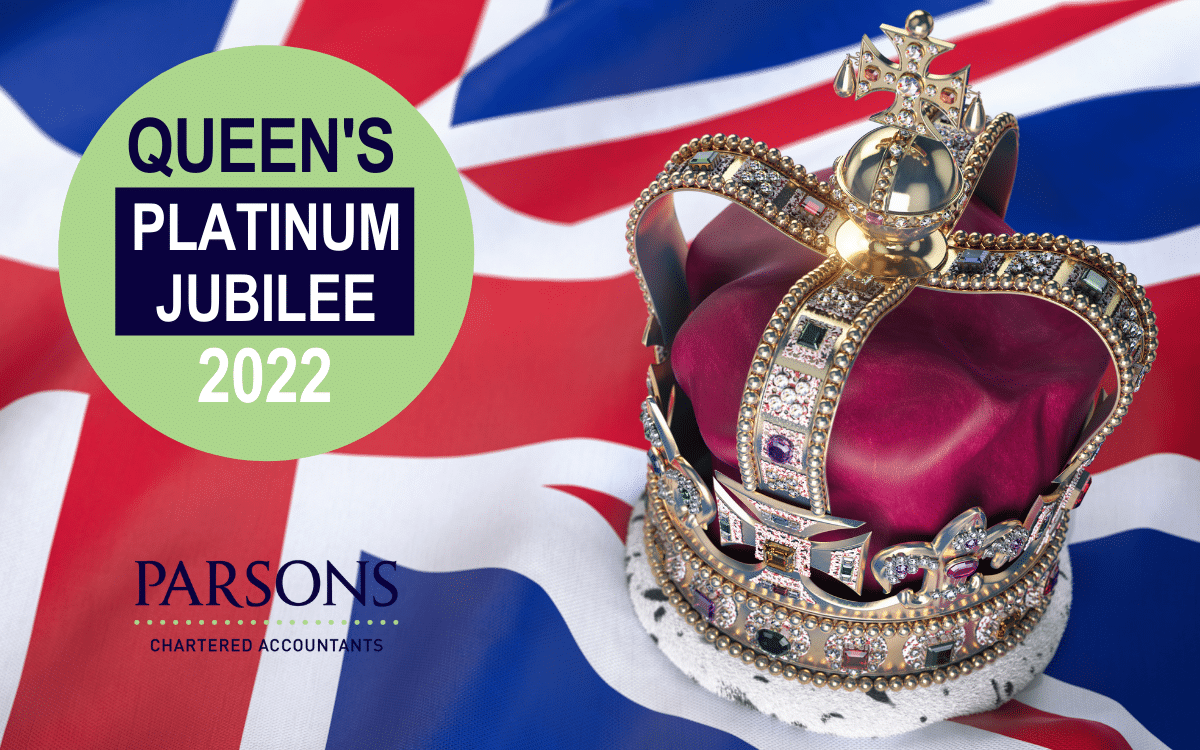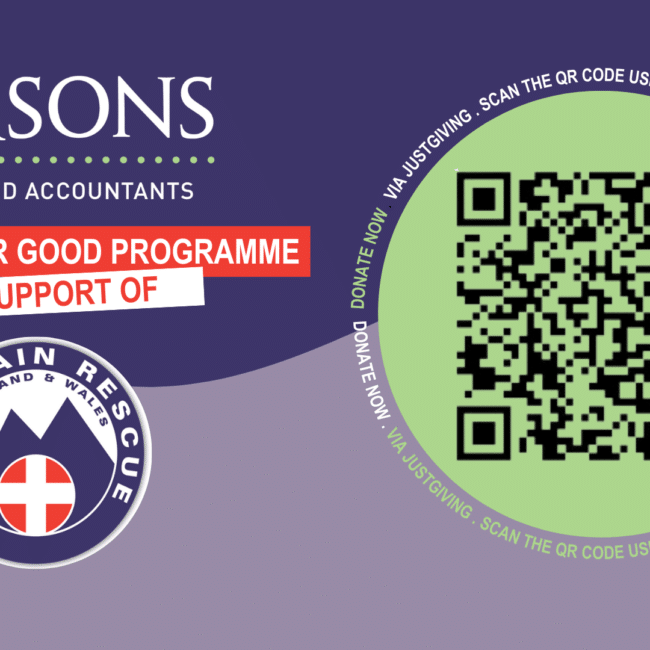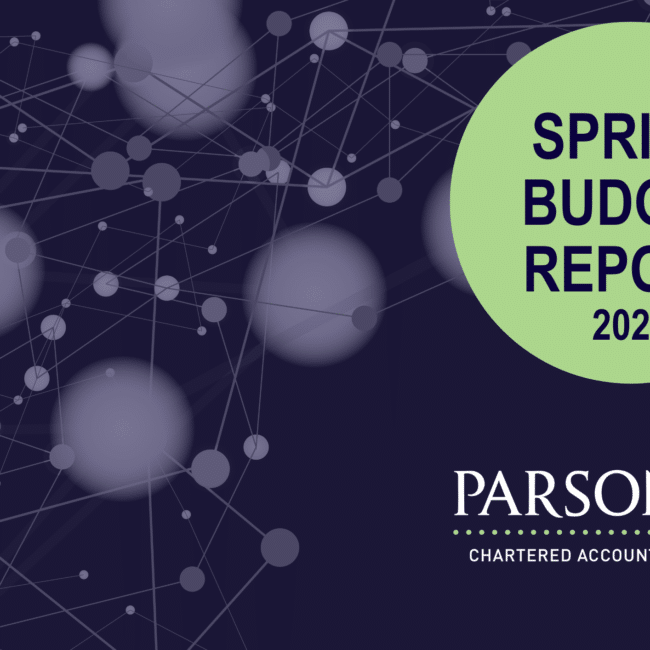
Queen’s Jubilee 2022: Does the UK Economy benefit from the Royal family?
The Queen’s Jubilee 2022 and the monarchy’s impact on the UK economy.
With the Queen’s 2022 Jubilee fast approaching, we can all look forward to an extra day’s holiday to help mark her 70th year on the throne. Ahead of the Platinum Jubilee celebrations, we’re pondering the related events to see if we can settle the argument between those who think the monarchy is a burden on the British taxpayer, and those who believe the Royal Family makes a positive impact on the UK economy.
While the Queen actually acceded to the throne on 6th February 1952, the Platinum Jubilee celebrations have been set for June – where even here in the UK we stand a better chance of clement weather to make the most of the break. Here’s what to expect for the Queen’s Jubilee 2022.
The Queen’s Platinum Jubilee celebrations
The highlight of the Queen’s Jubilee celebrations this year for everyday folk is most probably the four day bank holiday weekend – an amalgamation of a shifted late May spring bank holiday and the new holiday created for this special event.
The bank holiday break kicks off on Thursday 2 June with Jubilee events running through until Sunday 5 June, and celebrations to be televised across the globe to an expected audience of around a billion viewers.
The main things to watch out for include:
- A procession across London, passing the main parks then onto Westminster, under Admiralty Arch, down the Mall and then past Buckingham Palace and Constitution Hill.
- Trooping of the Colour
- A concert held by the BBC
- Circus acts, theatrical storytelling and artists
- A service of thanksgiving at St Paul’s Cathedral
- Appearances from the Queen’s favourites – horses and corgis
- A ‘carnival-style’ depiction of the Queen’s coronation in 1953
With over 6,500 performers involved, including 17 theatre groups from across the UK and some secret special guests, the privately funded event is set to cost between £10-15 million. So, talking of money, just what does the monarchy do for us when it comes to the economy?
The Royal Family and their relationship with the UK economy
Whether you’re a fan of the Royal Family or not, you’ll likely have heard various arguments regarding how much they cost the UK economy versus how much they contribute. While it’s tricky to find exact year-on-year breakdowns of the figures, overall, it would appear that they contribute more into our economy than they’re paid.
As a reference point, the Queen’s annual Sovereign Grant was a cool £85.9m in 2021, which works out to £1.29 per person. This is a payment made by the Government to provide funding for official duties, staffing, travel and property maintenance etc.
Here are a few more interesting stats we’ve come across that will help put their contribution into perspective:
- The House of Windsor is worth an estimated £19 billion
- Before the coronavirus pandemic, the Royal Family contributed approximately £1.9 billion per year to the economy – far eclipsing the Sovereign Grants awarded
- In 2018, the Crown Estate paid £329m to the treasury in land/property tax alone
- Visitors to Buckingham Palace and the Queen’s Gallery spent £59m on entrance fees and merchandise in 2018
While it’s hard to quantify the contribution the Royal Family makes to the UK economy in definitive terms, their global standing, input in brokering business/trade deals and the direct and indirect impact they have on tourism, the arts (think about Netflix series The Crown) and more besides is hard to deny.
If you’d like to see how the Royal Family spend their money, check out the 2020/2021 Sovereign Grant report here – and whatever your stance on the monarchy, we hope you have a brilliant extended bank holiday for the Queen’s Platinum Jubilee celebrations!







